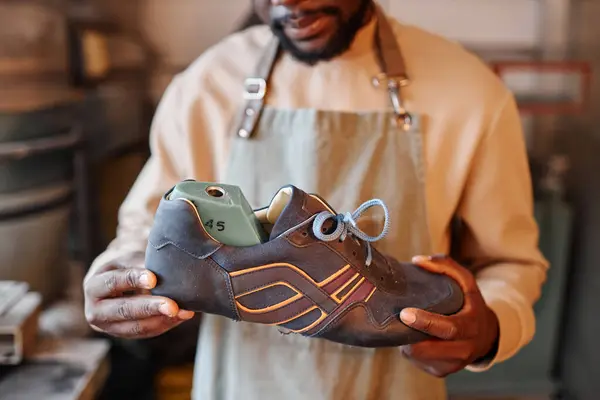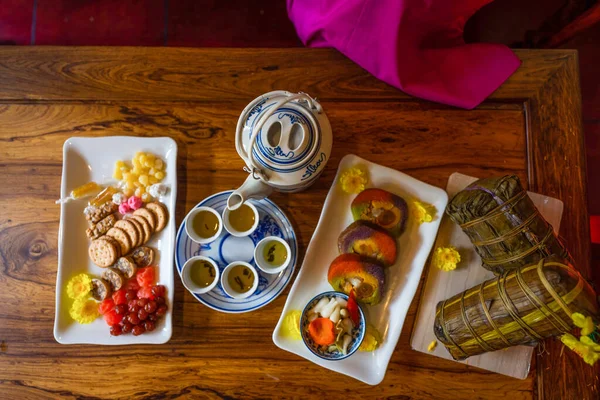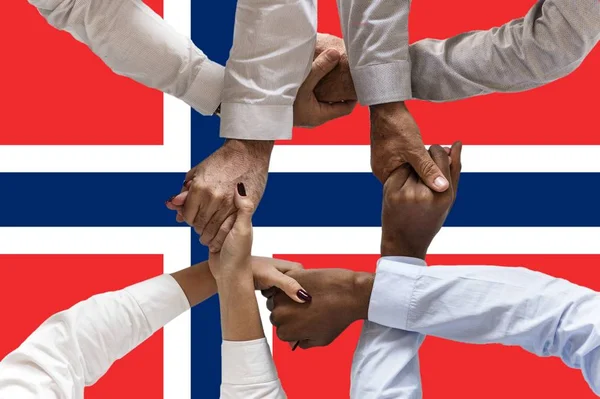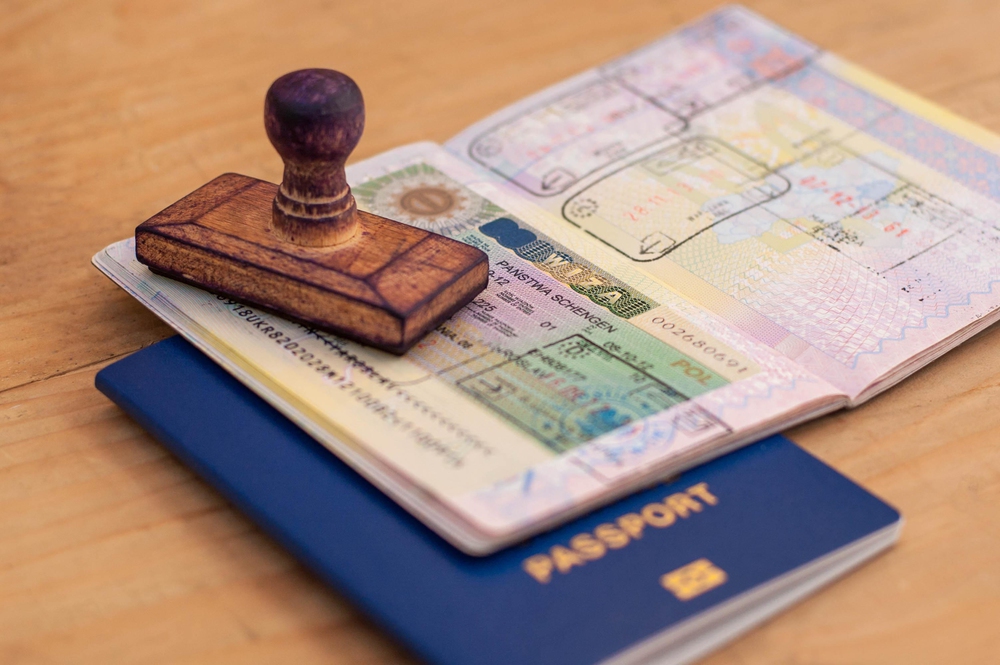Traveling broadens your mind to how amazingly various cultures can be. Something normal in one nation may elicit raised eyebrows elsewhere, and in some cases, the most harmless gesture can unwittingly offend someone half a world away.
Knowing local customs isn’t all about being mannered — it’s your key to real experiences and true connections. These are 18 surprising travel customs that may surprise you on your next adventure.
Japan’s Noodle Appreciation

In Japan, slurping your noodles loudly is a compliment to the chef. The sound shows you’re enjoying the meal and helps cool down the hot broth as you eat.
What would be considered rude table manners in most Western countries is encouraged here.
Greece’s Wedding Tradition

Greek weddings include a custom where guests spit on the bride and groom for good luck. Don’t worry — it’s more of a symbolic gesture with just a tiny bit of moisture.
This ancient tradition is believed to ward off evil spirits and bring prosperity to the newlyweds.
Like Travel Pug’s content? Follow us on MSN.
India’s Right-Hand Rule

In India, always use your right hand for eating, greeting, and passing items to others. The left hand is considered unclean since it’s traditionally used for personal hygiene.
Even left-handed people adapt to this custom when dining or socializing.
Russia’s Flower Mathematics

When bringing flowers in Russia, always choose an odd number of stems. Even numbers are reserved for funerals and sad occasions.
Bringing someone twelve roses instead of eleven could send the wrong message entirely.
Germany’s Toast Protocol

Germans take their toasting seriously — you must make eye contact with each person when clinking glasses. Looking away while toasting is believed to bring seven years of bad luck in relationships.
The tradition emphasizes respect and connection between people sharing a drink.
Like Travel Pug’s content? Follow us on MSN.
Thailand’s Head Space

Never touch someone’s head in Thailand, even playfully ruffling a child’s hair. The head is considered the most sacred part of the body in Thai culture.
Even pointing your feet toward someone’s head while sitting is considered disrespectful.
France’s Smile Philosophy

Smiling at strangers on the street in France can seem fake or intrusive to locals. French people prefer genuine smiles that come from real interactions rather than automatic politeness.
Save your grins for actual conversations and meaningful moments.
South Korea’s Business Card Ceremony

Receiving a business card in South Korea requires both hands and a slight bow. Take a moment to read the card respectfully before putting it away.
Shoving it quickly into your pocket shows disrespect for the person’s professional identity.
Like Travel Pug’s content? Follow us on MSN.
Egypt’s Foot Etiquette

Showing the sole of your foot to someone in Egypt is deeply offensive. Keep your feet flat on the floor when sitting, and never point your foot toward another person.
This custom extends to many Middle Eastern cultures, where feet are considered the lowest and dirtiest part of the body.
Brazil’s Hand Gesture Trap

The ‘OK’ sign made with your thumb and forefinger is highly offensive in Brazil. It’s equivalent to giving someone the middle finger in the United States.
Stick to thumbs up or simple waves to avoid accidentally insulting someone.
Turkey’s Shoe Customs

Removing your shoes when entering Turkish homes is mandatory, not optional. Hosts often provide slippers for guests to wear inside. Walking around someone’s house with your outdoor shoes is like tracking mud through their sacred space.
Like Travel Pug’s content? Follow us on MSN.
Iceland’s Tipping Confusion

Tipping in Iceland can offend service workers because they’re paid living wages. What seems like generosity might come across as pity or superiority.
Simply paying the bill amount shows respect for their professional compensation system.
Morocco’s Dining Dynamics

Moroccans traditionally eat from shared plates using only their right hand and bread as utensils. Everyone eats from the section of the plate closest to them.
It’s like an unspoken dinner table geography that brings families and friends closer together.
Finland’s Comfortable Silence

Finns are perfectly comfortable with long silences during conversations and don’t feel pressured to fill every gap with words. What might feel awkward to visitors is a sign of thoughtful consideration.
Silence means they’re processing what you’ve said rather than ignoring you.
Like Travel Pug’s content? Follow us on MSN.
Italy’s Coffee Clock

Ordering a cappuccino after 11 AM in Italy marks you as a tourist immediately. Italians believe milk-based coffee drinks are too heavy for afternoon digestion.
Stick to espresso later in the day to blend in with local coffee culture.
UAE’s Left Hand Limits

Using your left hand for greetings, eating, or passing items in the UAE is considered impolite. The left hand is traditionally associated with personal hygiene tasks. Even if you’re naturally left-handed, practice using your right hand for social interactions.
Norway’s Humility Principle

Norwegians follow ‘Janteloven’ — a cultural principle that discourages boasting about personal achievements or wealth. Talking about your expensive car or impressive salary makes people uncomfortable.
Modesty and equality are valued over individual accomplishments.
Like Travel Pug’s content? Follow us on MSN.
Ethiopia’s Coffee Ritual

Ethiopian coffee ceremonies can last several hours, and refusing to participate might offend your host. The process involves roasting, grinding, and brewing coffee beans while sharing conversation.
It’s less about caffeine and more about community bonding and respect for traditions.
When Customs Cross Borders

These customs remind us that human connection transcends cultural differences, even when the rules seem contradictory. What feels strange today becomes natural tomorrow when you understand the ‘why’ behind each tradition.
The world becomes smaller and more fascinating when you realize that every gesture, no matter how unusual, carries the weight of history and the warmth of human intention.
More from Travel Pug

- 20 Best Beach Towns in the Carolinas
- 13 Destinations Where Tourists Regularly Regret Their Trip
- 20 Things You Actually Get in First Class
- 20 Small Airports With Aviation Museums
- 20 Places in the U.S. That Are Perfect for a Reset Trip
Like Travel Pug’s content? Follow us on MSN.
